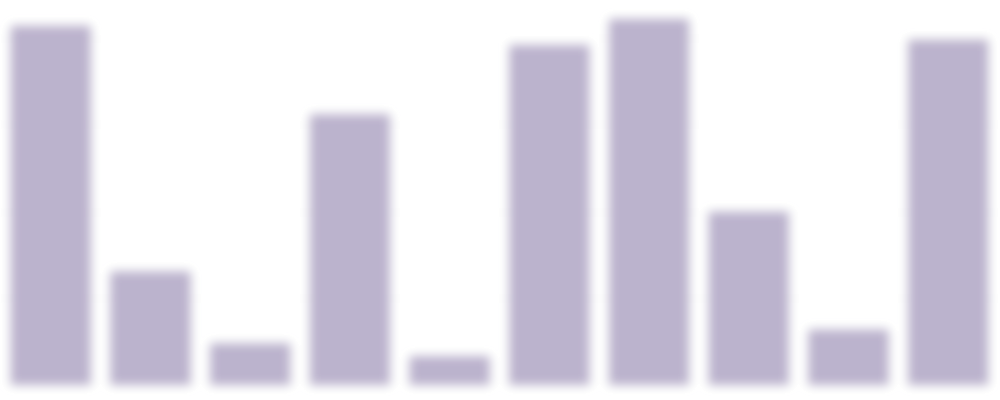Power Generation and Cumulative Capacity of Hydro Power Plants in United States of America (2017 – 2021)
Power Generation and Cumulative Capacity of Hydro Power Plants in United States of America (2017 – 2021)

With the increasing demand for energy, rising levels of pollution, fear of global warming, scarcity of fossil fuels, and increasing levels of greenhouse gas (GHG) emissions, many countries opted for sources of clean renewable energy. Several countries signed protocols with pre-defined emission reduction targets. The Paris Agreement is the most recent initiative in this direction, whereby each country voluntarily determined and presented its emission reduction target and pledged to achieve GHG reduction according to this target. Several countries that are party to the Paris Agreement devised plans to reduce conventional power and aid the growth of renewable power to reduce emissions. The main renewable energy sources are Hydro, Geothermal, Wind, Solar, and Biopower.
Wind energy is the energy generated using wind turbines to convert kinetic energy of the wind to mechanical energy, which is then converted into electricity. Wind energy is considered to have a high positive effect on the environment in comparison to Hydro, Solar PV, Geothermal. Wind energy has the lowest water consumption, relatively lowest GHG emissions, and is considered one of the most sustainable sources of energy.
The global installed wind power capacity increased from 197.8 gigawatts (GW) in 2010 to 743.1 GW in 2020, at a compound annual growth rate (CAGR) of 14.2%. The global installed wind power capacity is expected to reach 1,839.5 GW by 2030. In 2021, the top five regions in the wind power market are China, the US, Germany, India, and the UK.
The US is the second-largest wind power market, with cumulative wind installed capacity of 140 GW as of 2021, growing at a CAGR of 11.9% during 2017–21. The generation of electricity from wind turbines increased proportionally as capacity increased. The total wind generation in the US increased to 398 TWh in 2021, growing at a CAGR of 11.4% during 2017–21.
The US government provided generous support to the renewable energy industry over the past 10 years, owing to the country’s need for stability and independence in energy policy. The US prepared a supportive regulatory framework and provided financial backing. Major incentives such as the extension of the US Production Tax Credit (PTC) and Investment Tax Credit (ITC) provided the impetus to the wind and solar power sectors in the country. The bill includes an extension of the wind PTC for five years, and a PTC phase-down for wind projects beginning construction after December 31, 2016. For wind power projects starting construction in 2018 and 2019, the PTC decreased by 40% and 60%, respectively. These extensions triggered an increase in investment in renewable energy.
Related Data & Insights
Don’t wait - discover a universe of connected data & insights with your next search. Browse over 28M data points across 22 industries.
Access more premium companies when you subscribe to Explorer
Get in touch about GlobalData Company reports
Contact the team or request a demo to find out how our data can drive your business forward